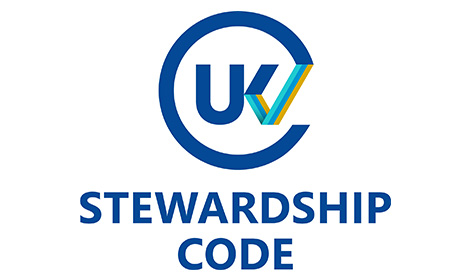Conditional Indexation: second report (December 2025)
UCEA and UCU have been exploring Conditional Indexation (CI) benefit design options. The second of two planned reports assesses the potential benefits and drawbacks of CI to assist UCU and UCEA in engaging with members and employers about whether exploration of CI should continue to a more detailed design phase.
